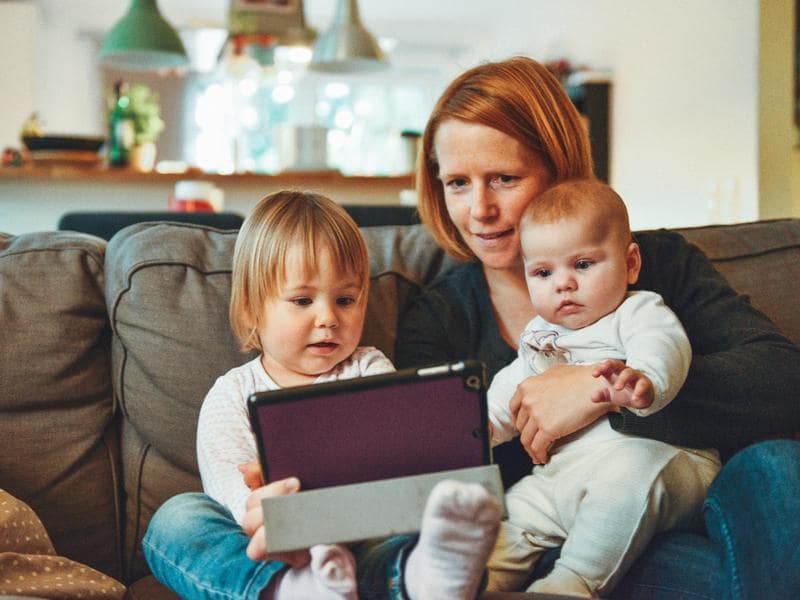Telecommunication equipment, through which information is transmitted, has evolved and become an important part of our daily lives. We have moved from the telegraph to WhatsApp and from black and white television, which deserved its own space, to high-resolution cell phones or tablets that can be taken even to the bathroom.
But technological devices not only provide a practical value, but also an aesthetic and symbolic one that leads us to choose from a multitude of options: not only the most efficient, but also the prettiest, the best designed or the one that gives me the highest status.
It is worth then starting to reflect on technology in our daily lives by questioning not only how I use it, but also why and what for.
TECHNOLOGY AND MIND
Mexicans spend more than eight hours a day interacting with some technological device connected to the Internet, whether it is a cell phone, computer or tablet. It is impossible to think that something we already spend most of our time on cannot have an impact (both positive and negative) on our mind, it does, and technology has marked not only a new way of relating to others, but also to ourselves.
Technology applied well helps us, for example: to organize ourselves better, to learn new things, to keep track of our personal goals and progress or to shorten distances with friends or family. However, the other side of the coin is that, by not being aware, we can bombard ourselves with harmful, stressful information or seek out situations where we are exposed or at risk.
In social networks, we interact and exchange information with people with whom we somehow have something in common, we filter the things we upload or remove from our profiles based on the amount of likes, shares or comments we receive. This “attention economy” depends entirely on how we react to the interest of others and their responses on social networks.
Studies have found that every like generates dopamine production in the brain and the activation of reward systems, which is why networks are so addictive.
A good dose of likes and exchanges can indeed make us feel very good and contribute to our self-esteem, the problem comes when in the outside world there is nothing to support my self-esteem and my bonds, so the issue with social networks, technology and the mind, is not about isolating and depriving us of exchange, but about grounding how we use them.

TECHNOLOGY AND WORK
There are many advantages of using technology and social networks within the work environment: firstly, technology has made jobs more flexible and home office or remote office possible, to avoid stressors such as traffic or “going to warm up the chair”, and thus optimize the time of employees, eliminating barriers of schedules, distances and helping to form a feeling of productivity and assertiveness in managing schedules.
Research on labour productivity and the use of social networks remains in question, with studies leaning both in favour and against. Social networks and technology are tools, their good or bad use depends on who uses them and how.
TECHNOLOGY AND FAMILY
Without a doubt, technology has presented new challenges for today’s families, especially in terms of communication, but it also offers new ways of living together. First of all, we must focus on the fact that technologies are tools that offer us alternatives, so we must use them to our advantage and understand the role they play in the lives of our loved ones.
As parents, it is important to understand that children are not “born with the chip built in”, knowing how to operate and manipulate a gadget (which, it should be said, is designed precisely to operate intuitively) does not mean that they know how to use it responsibly and ethically. As parents, we must offer guidance to our children and understand the networks they have at their disposal.
Internet the limits that exist in the physical world are not so clear, so we tend to generalize or exaggerate the links; it must be clarified that not every person we have on social networks is a friend or can be trusted.
Adolescents are a particularly vulnerable population, since they tend to seek intense links in which idealization predominates. From an early age, we must teach them to use safety filters, not to share personal data and to strengthen their self-esteem by living with them in a quality manner.
Never before have so many films, series, photos or videos been seen in one week. All those images -positive or negative- remain in our minds, for good and for bad.
Technology itself offers very fun alternatives to bond as a family and get closer, such as watching series and online games, but the idea is that we don’t let it become a distraction, but rather a moment of coexistence and dialogue.


